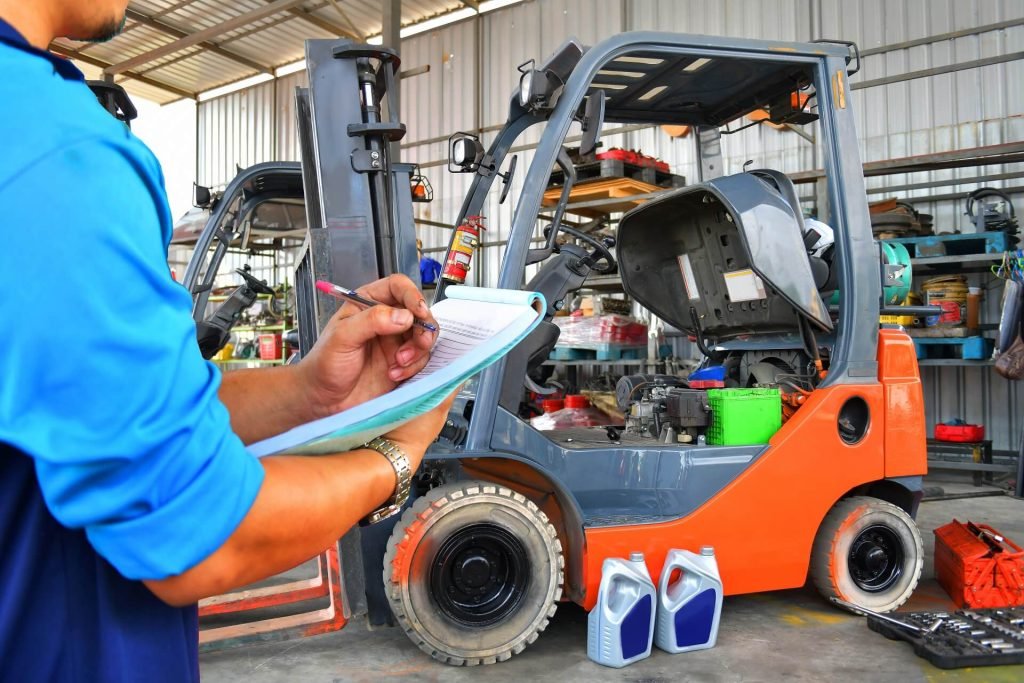The Importance of Forklift Maintenance
Regular forklift maintenance is crucial for ensuring the longevity and safe operation of these essential pieces of equipment. By adhering to a comprehensive maintenance schedule, businesses can minimize downtime, improve efficiency, and protect their investment in their forklift fleet.
From routine inspections and oil changes to more complex repairs, a proactive approach to forklift maintenance can help identify and address issues before they escalate, ultimately enhancing the overall performance and reliability of the equipment.
Common Forklift Maintenance Tasks
Forklift maintenance encompasses a wide range of tasks, from basic checks to more specialized procedures. These include inspecting the hydraulic system, tires, and brakes, as well as performing regular lubrication, cleaning, and adjustments to ensure optimal functionality.
By staying on top of these maintenance activities, businesses can extend the lifespan of their forklifts, reduce the risk of costly breakdowns, and maintain a safer work environment for their operators.
Customizing Maintenance Schedules
Every forklift and work environment is unique, which is why it's important to develop a maintenance plan that is tailored to the specific needs of the equipment and the business. Factors such as usage frequency, load capacity, and operating conditions should all be taken into consideration when designing a maintenance schedule.
By working closely with experienced forklift repair and maintenance professionals, businesses can ensure that their maintenance practices are aligned with industry best practices and manufacturer recommendations, ultimately maximizing the performance and longevity of their forklift fleet.
The Benefits of Proactive Forklift Maintenance
Investing in regular forklift maintenance can provide a range of benefits for businesses, including improved safety, enhanced productivity, reduced operating costs, and extended equipment lifespan. By catching and addressing issues early, businesses can avoid the larger expenses and disruptions associated with unexpected breakdowns or major repairs.
Additionally, a well-maintained forklift fleet can contribute to a safer work environment, as properly functioning equipment reduces the risk of accidents and injuries. This, in turn, can lead to lower insurance premiums and a better overall reputation for the business.

